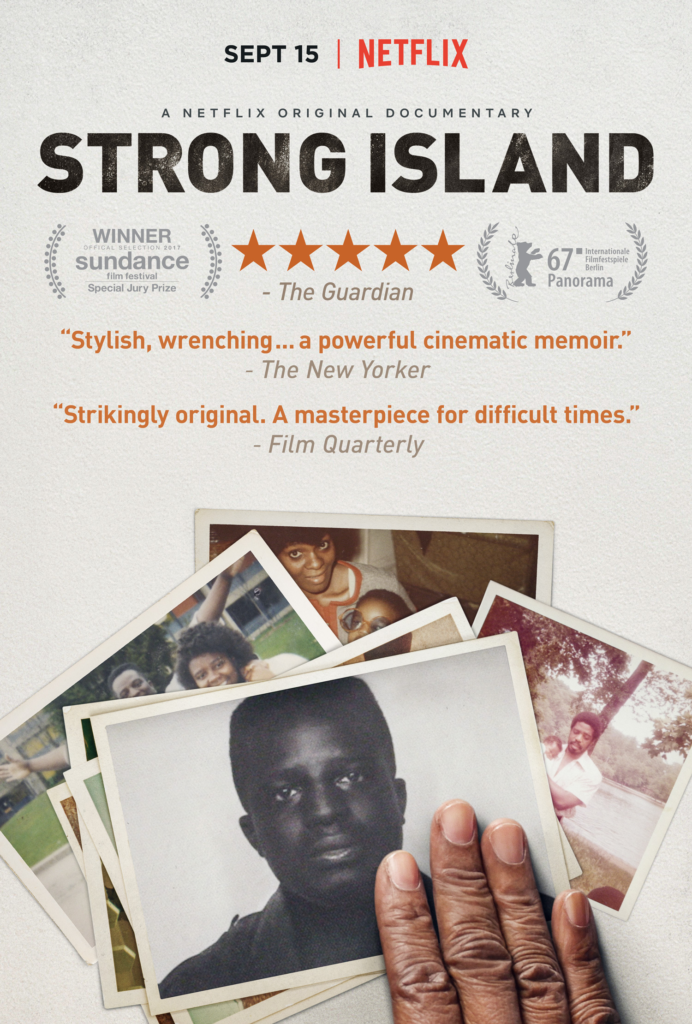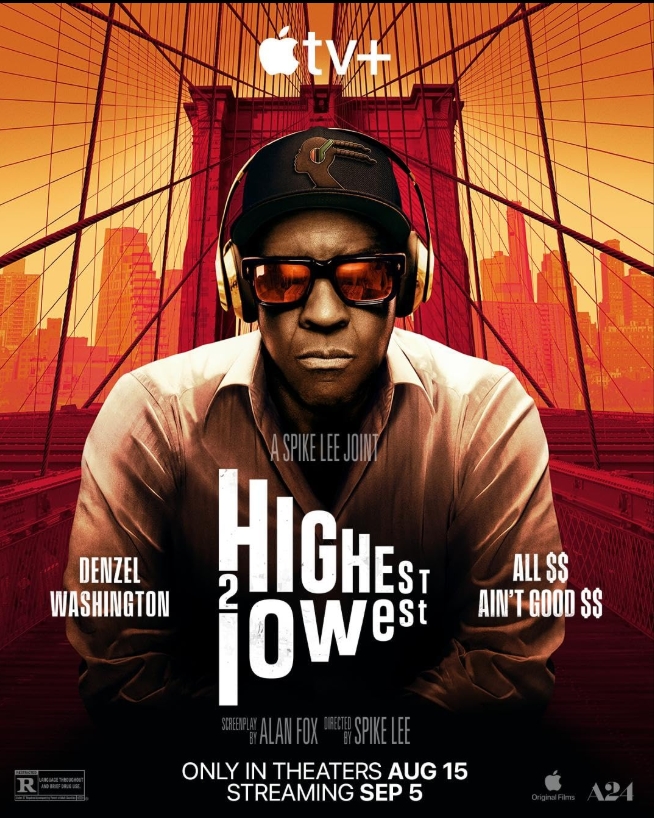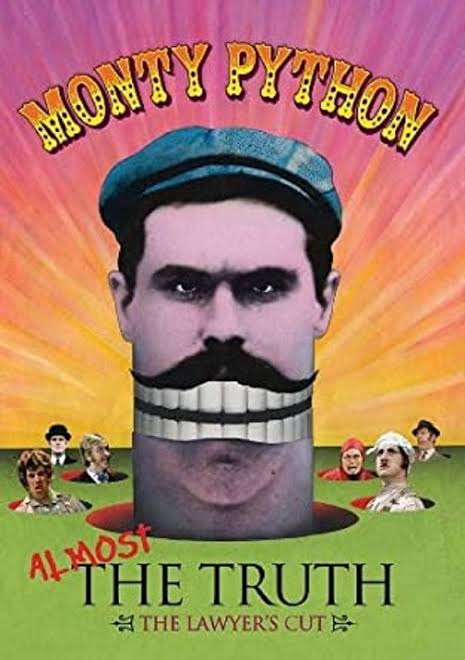Strong Island Christian Review

There’s something about Strong Island that hits like a gut punch. You know the kind—one you don’t see coming, and by the time you feel it, you’re already doubled over. Yance Ford’s documentary, this deeply personal film, brings you right into the heart of his family’s pain, grief, and outrage over the loss of his brother, William Ford. But it’s not just about William’s death; it’s about how his story echoes the stories of so many black men in America, lost to violence and met with silence from the systems meant to protect.
Watching Strong Island as a Christian? Let me tell you, it’s uncomfortable. And that’s not just because of the raw, unfiltered grief that Yance Ford presents—it’s because the film forces you to confront America’s messy, sometimes ugly truth about race, justice, and who gets to live in peace. Ford makes it personal, but what’s really on display here is something much larger than one family’s sorrow. This is about systemic injustice, and how, as Christians, we’re called to reckon with it.
A Story of Loss, A Nation of Injustice
The film begins with the tragic death of William Ford, a black man killed by a white mechanic in 1992. From there, it spirals into a larger meditation on grief, injustice, and the seeming impossibility of accountability. It would be easy to reduce Strong Island to a simple tale of a broken family, but it’s not that simple. This isn’t just one family’s nightmare. It’s a look at how justice is often elusive, especially when the victims are black men in America.
As Christians, we’re taught to care about justice. It’s woven into the fabric of our faith—“Let justice roll on like a river, righteousness like a never-failing stream” (Amos 5:24). Yet, Strong Island challenges us to see that this is not just a spiritual ideal. This is a real-world call to action, a call to stand against systems that are indifferent to the deaths of black men like William. It’s hard not to feel angry watching Ford’s family fight, not just for justice, but for the basic human dignity that should be inherent in every case, every investigation. This documentary makes that injustice plain, but not in a way that yells in your face. It just sits there, heavy, unyielding, waiting for you to feel its weight.
The Art of Grief and Anger
If there’s one thing Ford does masterfully, it’s crafting the film with a quiet rage that simmers just below the surface. Nothing in Strong Island feels accidental. The shots, the pacing, the close-ups of his mother’s face—Ford knows how to make the audience feel the same frustration and helplessness his family must have felt for years. There’s a slow burn to this documentary, a deep, aching sadness that is never quite allowed to explode, and maybe that’s part of its power.
You expect to be moved. You know the story’s tragic. But what you don’t expect is the way Ford manages to transform that pain into something that’s not just personal, but poetic. This isn’t just a crime documentary; it’s an elegy. It’s grief in cinematic form, and yet it’s also a profound act of love, a tribute to a brother who didn’t get the justice he deserved.
That artistic beauty, though, isn’t just for art’s sake. It’s a reminder that grief and injustice are not just abstract ideas—they’re deeply human, deeply personal. And this is where the Christian viewer has to pause. How do we, as followers of Christ, respond to a story like this? Do we see it as just another tragic tale of a broken system, or do we recognize the humanity behind it, the image of God reflected in William Ford’s life?
When Justice is Elusive
The thing about Strong Island is that it doesn’t give you the answers you’re hoping for. William Ford’s death remains unresolved. His killer walks free, and the questions about why justice was never served hang in the air, unanswered. There’s no neat bow tied at the end of this film, no moment of closure where everything is made right. It’s frustrating, but that’s also part of the point. Ford is showing us that sometimes, there is no resolution—at least, not in this world.
For Christians, that’s hard to accept. We believe in a God who is just, who promises to right every wrong. But we also live in a world where justice often feels distant, where those promises seem far off. Romans 12:19 tells us, “It is mine to avenge; I will repay,” but in the here and now, it’s hard to wait for that. Ford’s film forces us to sit in that tension, to wrestle with the reality that, while God’s justice is sure, it often doesn’t look like what we want it to in the moment.
And yet, there’s something deeply Christian about sitting in that space of unresolved tension. After all, we follow a Savior who died unjustly, who knows what it’s like to suffer without immediate vindication. Strong Island reminds us that justice is not always immediate, but that doesn’t mean we stop seeking it. It doesn’t mean we stop demanding it.
A Call to Action
That’s where Strong Island leaves you, not with answers but with a challenge. Yance Ford doesn’t just want you to feel his family’s pain—he wants you to do something about it. This documentary isn’t just a memorial; it’s a call to action. It’s a reminder that the fight for justice isn’t over, that there are still too many William Fords out there, and too many systems that fail to deliver justice.
As Christians, this is where we’re called to step in. James 2:17 tells us that “faith by itself, if it is not accompanied by action, is dead.” We can’t watch Strong Island and remain passive. We can’t claim to care about justice and do nothing when we see injustice happening. This film asks us to take a hard look at our country, at our communities, and ask: where are we falling short? And what are we going to do about it?
It’s not an easy question. But Strong Island makes it impossible to ignore.
Final Thoughts: Grief, Grace, and the Fight for Justice
In the end, Strong Island is about more than one family’s loss—it’s about the systems that fail us, and the ways we, as individuals and as a society, respond to that failure. It’s about grief, yes, but it’s also about the fight for justice. And as Christians, we are called to engage in that fight, to stand with the oppressed, to demand justice where it’s been denied.
This documentary doesn’t offer easy answers, but maybe that’s the point. It doesn’t let you off the hook. It forces you to confront the reality of injustice, and it challenges you to do something about it. It’s not a comfortable watch, but it’s an important one. And for that, it deserves our attention—and our action.
Rating: 8/10
For its artistry, its emotional depth, and its unflinching look at injustice, Strong Island is a film worth watching, reflecting on, and acting upon. It’s not a perfect documentary, but it’s a necessary one. As Christians, we need to grapple with the questions it raises—and commit to seeking justice in our own lives and communities.





